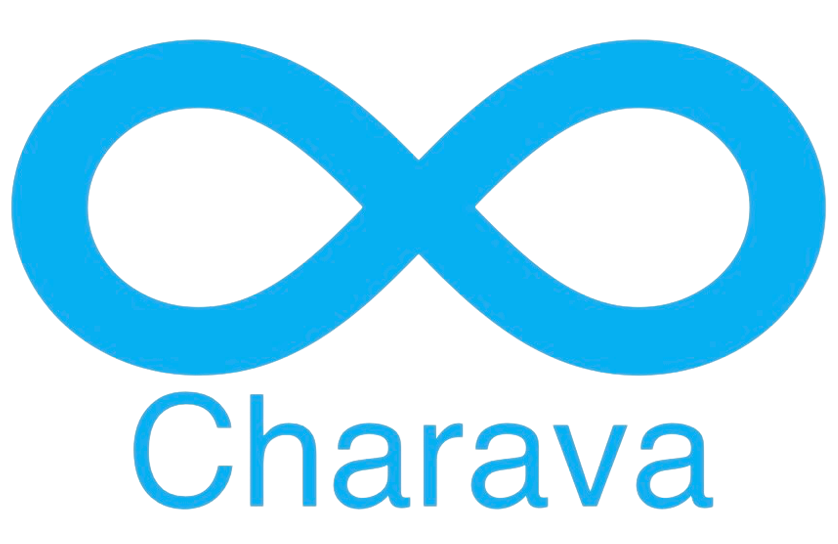Blood Sugar Levels: What You Need to Know

What is Blood Sugar?
Blood sugar, or blood glucose, is the level of glucose in your blood. Glucose is a key energy source, primarily obtained from the carbohydrates in your diet. Your body regulates blood sugar levels to ensure cells receive adequate energy while avoiding the dangers of levels that are too high or too low.
What Are Healthy Blood Sugar Levels?
Healthy blood sugar levels typically range between:
- Fasting (before eating): 70-99 mg/dL (3.9-5.5 mmol/L)
- After meals (2 hours): Less than 140 mg/dL (7.8 mmol/L)
Maintaining these levels is essential for overall health. As shared by the (NCCIH), consistently high or low blood sugar can lead to serious health issues, including diabetes and cardiovascular disease.
Signs of Compromised Blood Sugar Levels
Compromised blood sugar levels can lead to various symptoms:
- High Blood Sugar (Hyperglycemia): Frequent urination, increased thirst, fatigue, blurry vision, and headaches are common signs.
- Low Blood Sugar (Hypoglycemia): Symptoms include shakiness, lightheadedness, sweating, dizziness, confusion, irritability, and weakness.
Consistently abnormal blood sugar levels should be discussed with a healthcare professional to prevent serious complications.
Blood Sugar and Diabetes Type 1, Type 1 and Pre-diabetes
Diabetes is a condition where the body struggles to regulate blood sugar levels due to insulin issues. These conditions affect how the body processes glucose, and managing them is crucial for preventing complications.
- Type 1 Diabetes: An autoimmune condition where the body's immune system attacks and destroys insulin-producing cells in the pancreas. People with Type 1 diabetes need to take insulin daily because their bodies cannot produce it.
To monitor blood sugar levels, people can use the following items:
- Glucometers: Handheld devices that measure blood sugar using a small drop of blood, usually from a finger prick.
- Continuous Glucose Monitors (CGMs): Wearable devices that provide real-time glucose readings throughout the day, often through a sensor that can be inserted under your skin, typically on the skin on your belly or arm, with a sticky patch that helps it stay there.
- Test Strips: Used with glucometers, these strips react with the blood sample to give a glucose reading.
- Lancets: Small needles used to prick the skin and obtain a blood sample.
- **Insulin Pumps: Devices that deliver insulin continuously, often used by people with diabetes to help manage their blood sugar levels.
For most blood sugar monitoring devices, such as glucometers and continuous glucose monitors (CGMs), you do not need a medical professional to confirm the purchase or administer the test. These devices are available over-the-counter and are designed for home use, making them accessible for individuals to monitor their blood sugar levels independently.
**However, for more advanced devices like insulin pumps or for specific recommendations and training, it’s advisable to consult with a healthcare professional.
Using Monitors Without Having Diabetes
You can use blood glucose monitors even if you don't have diabetes to check if your blood sugar is too high or too low. These devices are helpful for anyone who wants to monitor their blood sugar levels, especially if they have symptoms of hyperglycemia or hypoglycemia.
If you don't have diabetes, there aren't specific monitoring devices you should outright avoid, but some might be unnecessary. For example:
-
Continuous Glucose Monitors (CGMs): These are designed for people who need to monitor their glucose levels continuously, such as those with diabetes. Without diabetes, regular blood glucose checks with a standard glucometer should suffice.
-
Insulin Pumps: These devices deliver insulin and are only needed if you have diabetes.
Can Supplements Help with Blood Sugar Levels?
Certain supplements may support healthy blood sugar levels, though they are not a substitute for prescribed medication. While research is ongoing, some supplements show promise in supporting blood sugar management which include:
- BERBERINE can improve insulin sensitivity and reduce glucose production in the liver, with effects similar to some diabetic medications.
- ALA is an antioxidant that reduces oxidative stress and inflammation, which are linked to insulin resistance. It also helps improve glucose uptake by cells.
- MAGNESIUM is essential for insulin regulation and glucose metabolism. Adequate magnesium levels are associated with a lower risk of developing type 2 diabetes.
- TUDCA supports liver health, which is crucial for regulating blood sugar. A healthy liver helps maintain glucose balance and insulin sensitivity.
Supplements should be used in addition to medication, diet and exercise. Supplements should be seen as 'part of the toolkit' and not used as the treatment alone.
Conclusion
Maintaining healthy blood sugar levels is crucial for overall well-being. Recognizing the signs of compromised blood sugar and understanding diabetes can empower you to take control of your health. Incorporating supplements like Berberine, ALA, Magnesium, and TUDCA from Charava can be a supportive measure in your journey toward balanced blood sugar levels.
However, it’s essential to consult with a healthcare professional before starting any new supplement regimen.
